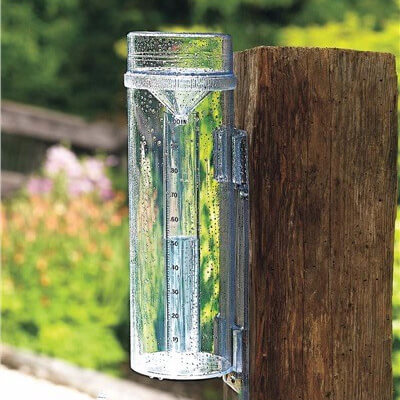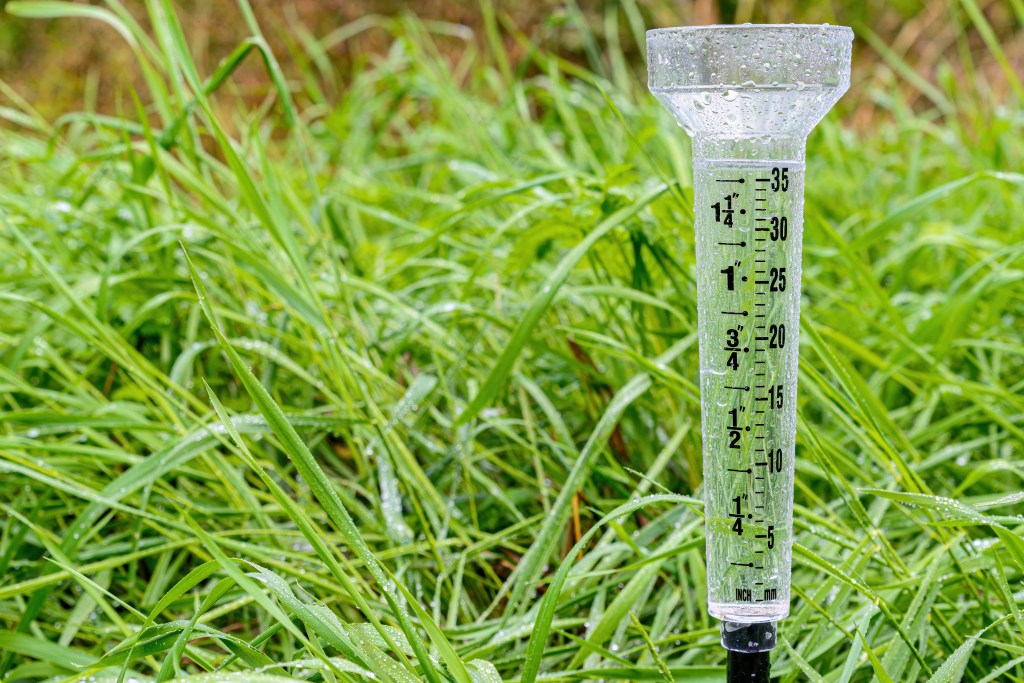Expert Tips for Using a Rain Gauge to Monitor Local Weather Conditions
Discovering the Development of Rainfall Gauges: From Traditional to Smart Instruments for Boosted Accuracy in Rainfall Dimension
The measurement of rainfall has actually been an essential aspect of weather forecasting for centuries, shaping our understanding of weather condition patterns and climate fads - rain gauge. From the very early manual rain assesses to the a lot more current intro of smart tools, the development of rainfall dimension tools has been a trip marked by technology and precision. By tracing the advancements in rainfall scale technology from standard models to the sophisticated wise gadgets of today, we can acquire useful understandings right into exactly how these advancements have changed the way we collect and assess rainfall data
Early Guidebook Rain Gauges
Throughout antiquity, primary vessels were used to gauge rainfall manually, marking the very early beginnings of rainfall determines. These early rain evaluates were straightforward containers positioned in open locations to accumulate rainwater. The accumulated water was after that manually gauged making use of markings on the container to identify the amount of rainfall that had happened within a specific period.
Although these hands-on rainfall determines were effective in giving a fundamental understanding of rainfall patterns, they were restricted in accuracy and accuracy. Aspects such as evaporation, splilling, and wind can affect the dimensions, causing potential mistakes in the recorded information.

Despite their constraints, early manual rainfall gauges played an essential role in the development of much more sophisticated rainfall dimension tools. The concept of gathering and determining rains laid the structure for the development of even more advanced rainfall evaluates that used scientific principles to offer even more dependable and accurate information. This development ultimately caused the advancement of contemporary rain gauges with the ability of catching accurate dimensions in various environmental problems.
Development of Mechanical Rain Scales
The progression from early hands-on rain determines to extra sophisticated mechanical rainfall measurement devices marked a significant jump in the evolution of rainfall scale modern technology. Mechanical rain evaluates, likewise understood as tipping bucket rainfall assesses, operate on a straightforward yet effective concept.
Mechanical rain evaluates are typically made from resilient materials like stainless-steel or plastic, making sure longevity and reliability also in extreme climate conditions. With developments in technology, modern mechanical rainfall assesses can additionally be equipped with digital sensors to send real-time information wirelessly to data collection systems. This mix of mechanical robustness and electronic connectivity has made mechanical rainfall determines a prominent choice for atmospheric stations, study institutions, and agricultural applications where precise rainfall measurements are essential for decision-making procedures.
Introduction of Digital Rain Gauges

Digital rainfall gauges offer substantial benefits over conventional mechanical gauges, including greater accuracy, the capability to determine smaller increments of rainfall, and minimized maintenance requirements. By leveraging digital components like tipping Discover More Here pails or acoustic sensors, these gadgets can provide detailed information on rainfall strength, duration, and distribution patterns with enhanced reliability.
Furthermore, the combination of digital rain assesses into weather surveillance networks allows the collection of big volumes of information for evaluation and projecting objectives. This data can be used to boost predictive models, improve early warning systems for serious climate occasions, and assistance climate study initiatives. In general, the introduction of digital rain determines stands for an essential advancement in the field of weather forecasting, facilitating more comprehensive and accurate rainfall rain gauge measurement capacities.
Transition to Wireless Rainfall Evaluates
Progressing beyond standard approaches, atmospheric instrumentation has actually gradually moved towards cordless rainfall assesses for enhanced information collection and transmission. These ingenious tools use wireless technology to send real-time rains information to centralized systems, using meteorologists and researchers immediate accessibility to exact and reputable information. The transition to cordless rain assesses gets rid of the need for hands-on information collection, decreasing human mistake and improving efficiency in keeping an eye on precipitation patterns.
Wireless rainfall assesses are equipped with sensing units that can spot also the tiniest amount of rainfall, providing exact measurements for far better analysis and projecting. The smooth combination of these evaluates right into existing weather condition monitoring networks enables comprehensive information collection throughout numerous geographical places, enabling a much more thorough understanding of rains distribution and strength.
In addition, the wireless ability of these rain determines enables remote tracking in hard-to-reach or hazardous locations, broadening the extent of rainfall dimension in tough atmospheres. With their ability to improve data transmission and enhance precision, cordless rain evaluates stand for a substantial improvement in meteorological modern technology, boosting the accuracy and reliability of rains dimension for clinical research and functional forecasting.
The Age of Smart Rainfall Evaluates
Arising as an essential improvement in atmospheric instrumentation, smart rain evaluates incorporate sophisticated innovation for improved information collection and analysis. These ingenious gadgets are geared up with sensors that can gauge not only the quantity of rainfall however additionally added specifications such as intensity, duration, and even drop dimension distribution. By leveraging cordless connectivity, clever rainfall evaluates can transfer real-time data to atmospheric terminals, giving immediate accessibility to precise rains dimensions.
One of the key functions of wise rain gauges is their ability to autonomously readjust for ecological elements that may impact the accuracy of conventional rain evaluates, such as wind disturbance or evaporation. This self-correction system guarantees that the information collected is more dependable and regular, bring about improved forecasting models and better-informed decision-making in numerous fields like farming, water resource management, and urban check my blog planning. The combination of man-made intelligence and maker learning algorithms in smart rainfall determines allows for innovative information evaluation, pattern recognition, and projecting abilities, additionally enhancing their energy in modern-day weather forecasting.
Conclusion

From the very early hands-on rainfall evaluates to the a lot more current intro of smart gadgets, the evolution of rain dimension tools has actually been a trip noted by development and accuracy.The progression from early hand-operated rain gauges to extra innovative mechanical rain dimension gadgets marked a considerable leap in the advancement of rainfall scale modern technology. Mechanical rainfall determines, likewise recognized as tipping bucket rain determines, run on a basic yet efficient concept.One of the essential features of clever rainfall assesses is their ability to autonomously readjust for ecological factors that might impact the accuracy of typical rain gauges, such as wind disturbance or dissipation.In final thought, the development of rainfall determines has actually progressed from very early manual devices to electronic and mechanical designs, ultimately leading to the growth of cordless and clever rain assesses.